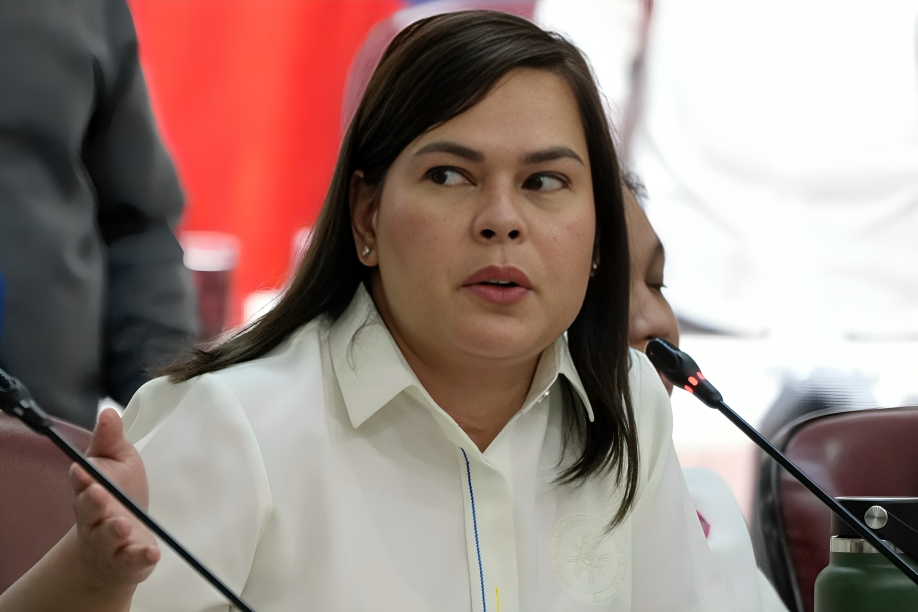MANILA: On Wednesday, a historic vote took place in the 307-member House of Representatives of the Philippines, where 215 lawmakers decided to impeach President Rodrigo Duterte. This move marks a significant political moment, as it underscores the growing discontent with his administration among certain members of the government. Despite his widespread support among the public, especially in rural areas, the impeachment vote signals a shift in the political landscape of the country.
The process began after several allegations of human rights abuses and controversial policies emerged during Duterte’s tenure. Critics of the President have long accused him of undermining democracy, particularly his war on drugs, which has resulted in numerous deaths. Proponents of the impeachment argue that Duterte’s actions have violated the country’s constitution, and the legal process has now reached a crucial point with the formal impeachment proceedings beginning in the House.
While this impeachment vote has gained traction among Duterte’s political opponents, it remains uncertain whether the motion will pass in the Senate, which would ultimately determine whether he will be removed from office. The Philippine Senate, composed of 24 members, is known for its divided stance on many political issues. If the Senate does not support the impeachment, Duterte will remain in office for the remainder of his term, which is set to end in 2022.
This impeachment vote, though symbolic in many respects, has galvanized political debates across the nation. As the country’s lawmakers continue to debate the future of Duterte’s leadership, the Filipino people await the next steps, with some hoping for a resolution that will restore stability, while others fear the potential for a political crisis. The outcome of this impeachment process will undoubtedly shape the future of Philippine politics for years to come.



